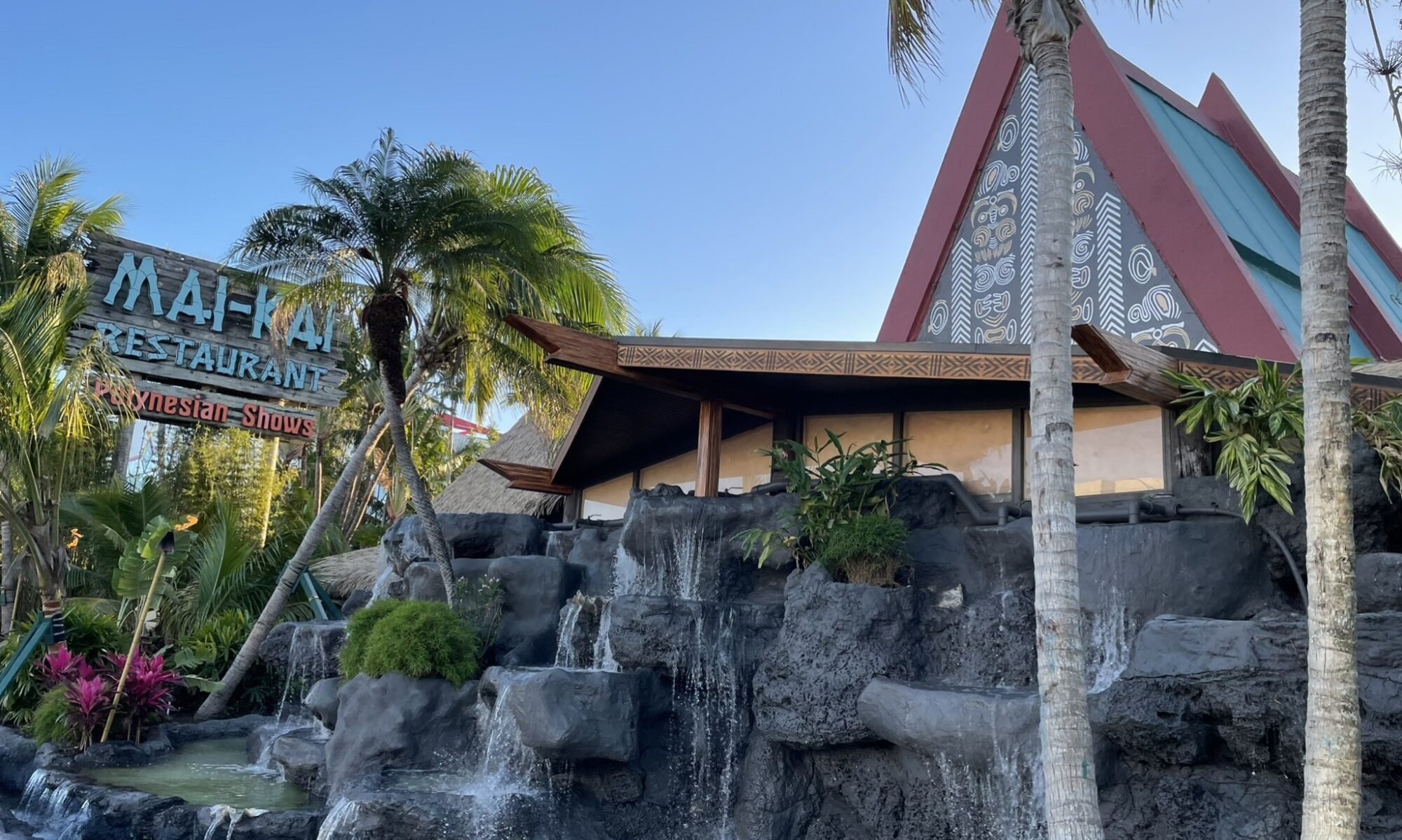 Tiki, rum and cocktails are making news this week. We have the results of “The Art of Tiki: A Cocktail Showdown” hosted by Emeril Lagasse at the South Beach Wine & Food Festival, plus coverage of The Mai-Kai’s “secret cocktails” event. We preview the Legacy National Cocktail Competition, sponsored by Bacardi and held in Miami. Other news includes the Instro Summit surf music fest lineup, two special concerts in Tampa Bay, Chicago Area Tiki Tour tickets, and the auction of a massive collection of Tiki artifacts from Disneyland and Disney World. Our weekly features spotlight LeRoy Schmaltz of Oceanic Arts, The Pegu Blog, Double Crown Records, and Hale Pele in Portland. The rum of the week, Ron Zacapa 23 from Guatemala, is featured in the Zacapa Hurricane cocktail.
Tiki, rum and cocktails are making news this week. We have the results of “The Art of Tiki: A Cocktail Showdown” hosted by Emeril Lagasse at the South Beach Wine & Food Festival, plus coverage of The Mai-Kai’s “secret cocktails” event. We preview the Legacy National Cocktail Competition, sponsored by Bacardi and held in Miami. Other news includes the Instro Summit surf music fest lineup, two special concerts in Tampa Bay, Chicago Area Tiki Tour tickets, and the auction of a massive collection of Tiki artifacts from Disneyland and Disney World. Our weekly features spotlight LeRoy Schmaltz of Oceanic Arts, The Pegu Blog, Double Crown Records, and Hale Pele in Portland. The rum of the week, Ron Zacapa 23 from Guatemala, is featured in the Zacapa Hurricane cocktail.
* Keep up with The Week in Tiki: Facebook page | RSS feed | See past weeks | Archive
* Weekly features: Artist | Website | Band/music | Tiki bar | Rum | Cocktail | Events
LAST WEEK IN REVIEW (Feb. 16-23, 2015)
Brian Miller wins Emeril’s Tiki showdown

The big news out of Friday night’s “The Art of Tiki: A Cocktail Showdown” during the South Beach Wine & Food Festival, besides the Judge’s Choice award won by Brian Miller, was the New York City bartender’s announcement that he wanted to leave the Big Apple for Los Angeles. Grasping his $5,000 prize, Miller said he hoped to “take a seat at the big boys’ table” and “hopefully pick up where Don (the Beachcomber) left off.”
However, Miller later had a change of heart, and said he realized that “New York City is where I want to be right now.” Miller wowed the judges with his Pain Reliever cocktail, served up during a three-hour party at the Shore Club on South Beach. Miami Beach craft cocktail bar The Broken Shaker won the People’s Choice award for the creative Paradise Found. The event was hosted by celebrity chef Emeril Lagasse, who was joined at the judging table by Tiki luminaries Jeff “Beachbum” Berry and Martin Cate, plus rum ambassador Lynnette Marrero. World-class chefs provides small bites as more than 700 attendees made the rounds of booths that featured some of the country’s top Tiki mixologists.
Other participants were The Mai-Kai (Fort Lauderdale), Frankie’s Tiki Room (Las Vegas), Royal Kona Resort (Hawaii), The Rum Line (Miami Beach), and Sunny’s (Miami). The win is just the latest feather in Miller’s cap. With his change of heart, a crucial loss to the New York Tiki scene has been averted.











